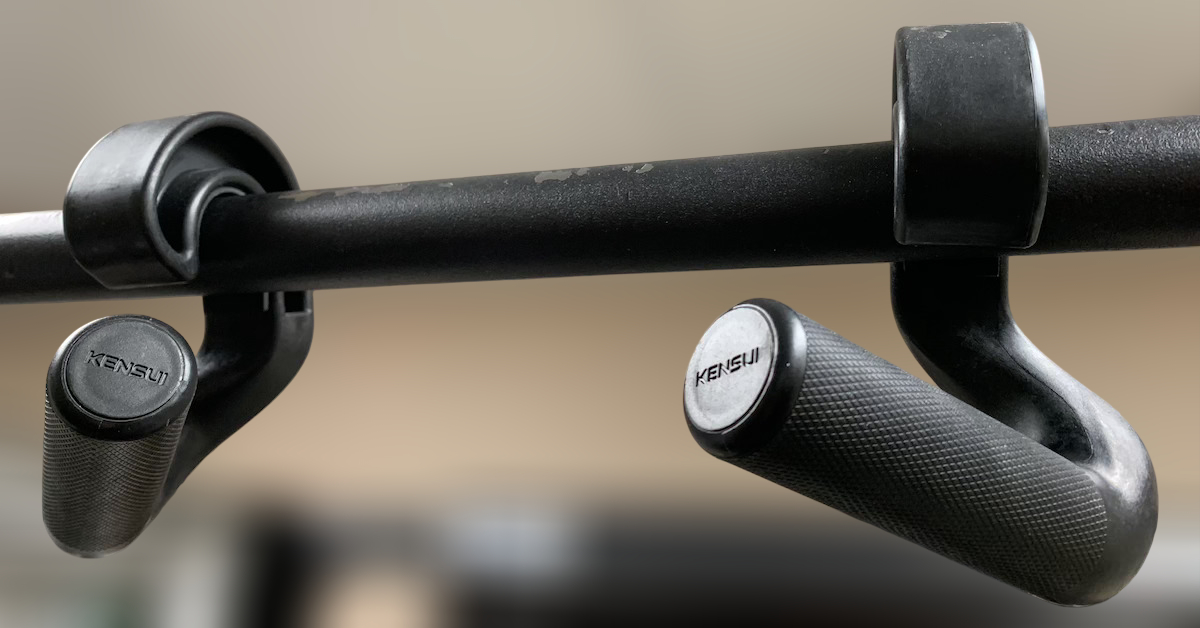Why do some people experience great results with certain supplements while others do not? Let’s look beyond the obvious—where one person may have a greater dietary need than another. For example, a vegetarian may require more creatine than a heavy meat-eater and will typically see better results from supplementation. But what if you have two vegetarians—or better yet, two identical vegetarian twins—who train together and take creatine, yet get different results?
One key factor is the source of raw materials. If one twin uses a high-quality, German-sourced creatine that’s free of impurities, while the other opts for a cheap, lower-quality brand from China, the difference in results is likely due to purity and manufacturing standards. With supplements, you often get what you pay for.
The geographic source of an ingredient isn’t the only consideration—where it comes from within the raw material also matters. Take Tribulus terrestris, for example, a plant known for its anabolic properties. The active compounds responsible for these effects are steroidal saponins, particularly protodioscin. A study from the University of Mississippi analyzed Tribulus terrestris from Bulgaria, India, and China, testing different plant parts for protodioscin content. The findings were clear: Bulgarian Tribulus contained high levels of protodioscin, especially in the leaves. In contrast, samples from India and China contained little to none.
Another issue is product formulation. Some supplement companies don’t always deliver what’s on the label. A recent analysis of top herbal supplement brands from four major U.S. retailers found that many products failed to meet label claims—some didn’t even contain the listed ingredients! Worse yet, some companies have been caught spiking “natural” supplements with hidden drugs to enhance their effects. These products become wildly popular, develop a cult following, and before regulators catch on, the company removes the illicit ingredients while pocketing massive profits.
You can often tell when a product goes from effective to useless, but what if it works inconsistently? A study published in the American Journal of Health-System Pharmacy examined the ephedra alkaloid content of 20 ephedra-containing supplements. The results showed a huge discrepancy between label claims and actual content, with alkaloid levels ranging from 0 to 18.5 mg per dose. Even more alarming was the lot-to-lot variability within the same product. In two cases, methylephedrine levels varied by more than 1000% between different lots, while ephedrine content fluctuated by over 135% in one product and 260% in another. This means that even if you buy the same brand every time, different batches may contain vastly different amounts of active ingredients.
To reduce supplement variability, follow these guidelines:
- Stick with the brands and products that work well for you, regardless of popular opinion.
- Don’t fall for marketing hype. Research the active ingredients, their sources, and compare labels across brands.
- Price often reflects quality. When possible, choose professional-grade supplements available through licensed or certified healthcare professionals.

Upgrade Your Pull-Ups with Swissies-SP Handles
Pull-ups are one of the best exercises for building back and arm strength—but not all pull-up bars are created equal.

No Time to Walk After a Meal? Do This Instead!
By now, most people know that getting in daily steps is essential for overall health. In particular, taking a short

Stay Fit on the Fly: No-Excuse Workouts for Travelers
One of the biggest challenges people face when traveling is maintaining their exercise routine. The two most common excuses? Lack
follow
Error: No feed with the ID 2 found.
Please go to the Instagram Feed settings page to create a feed.
